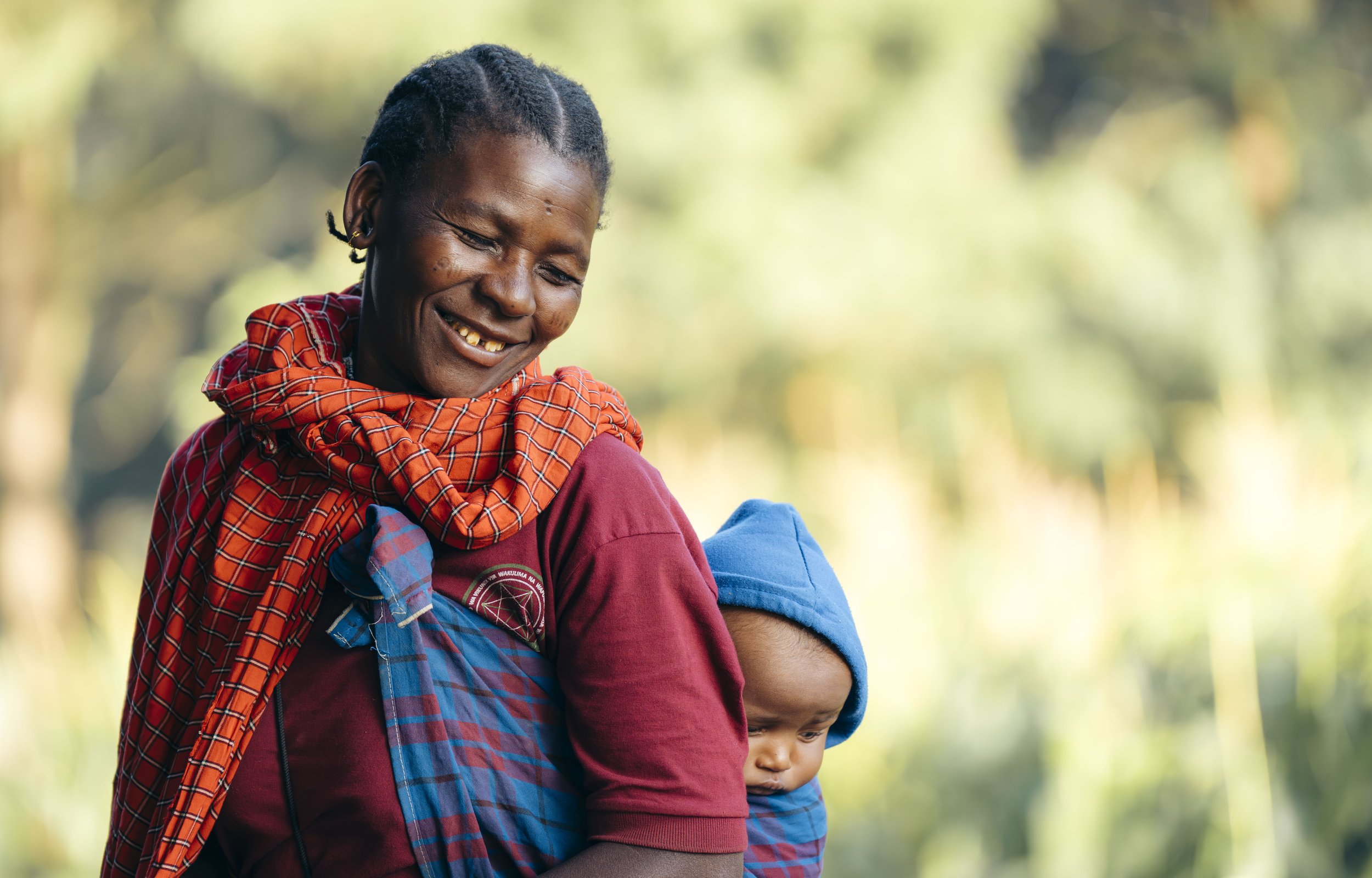Well-being in an East African Community
Profiled key dimensions of well-being in a regional population and priorities for well-being policy.
Client: Second-largest medical center in Tanzania, serving over a quarter of the country’s population
Paid for by: US State Department


Developed research methods to understand, measure and account for well-being in an East African context.
Key Findings
Exposed dramatic differences in well-being by demographic group, pointing to the emotional burden carried by poor women.
Isolated primary factors responsible: social arrangements that place primary and often sole responsibility on rural and nonprofessional women for providing financially for their children and rearing them.
Identified key structural contributors: lack of marital trust and stability, and poverty.
Uncovered strategies for strengthening social resilience supporting poor women's well-being.
Explore more case studies